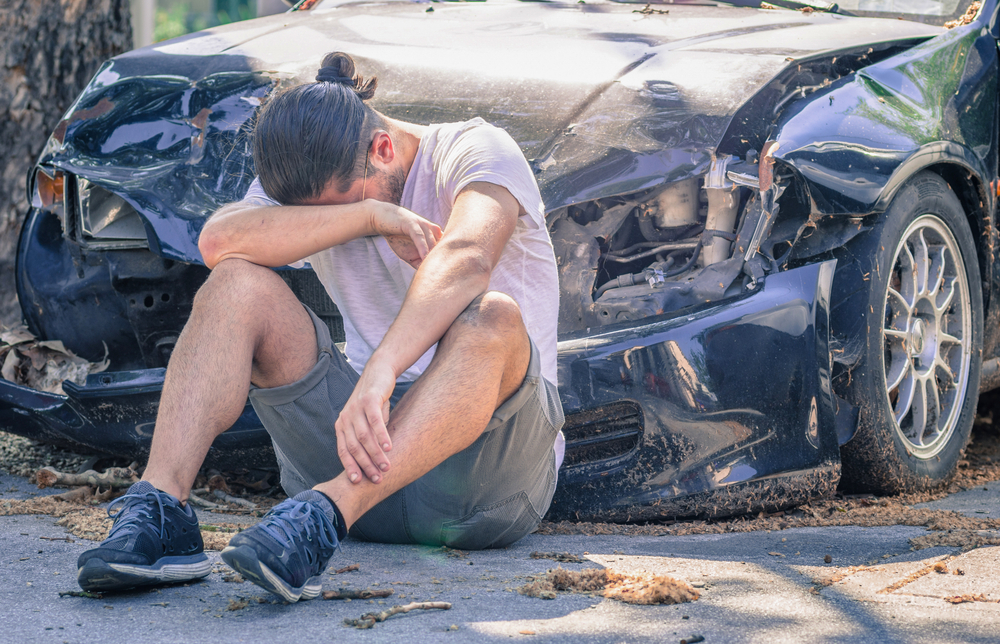
After a car accident, you may wonder if you can file an insurance claim without a police report. The reality is that while a police report often serves as a valuable piece of evidence in the claims process, it is not always a mandatory prerequisite. In the state of Nevada, as with many other places, you are not legally required to have a police report to pursue a claim with your insurance company, especially for minor collisions where the damage is not substantial and there are no injuries.
The role of a police report is to document the incident objectively and can significantly aid in dealing with insurance providers. However, in cases where there is only minor damage or all parties involved have current licenses and insurance, you may handle the situation without police involvement. This becomes relevant in Nevada, where accidents that result in less than $750 in property damage do not necessitate a police report. Yet, if the situation involves injuries, major damages, or the other driver leaves the scene, Nevada law would require you to file a report.
In the absence of a police report, it becomes crucial for you to collect as much information as possible at the scene. Exchange contact and insurance details with the other parties and take photographs of the vehicles and accident area. Remember, the claims process may require additional steps to establish the details of the accident. So, be prepared for potentially slower processing times and consider that the lack of a police report might influence the insurance payout.
Understanding Car Accident Claims
When you’re involved in a car accident, understanding the role of police reports and what alternatives exist can be critical to the claims process.
The Role of Police Reports in Car Accident Claims
A police report serves as an official record of the circumstances surrounding your car accident. It typically includes statements from those involved, witnesses, and the responding officer’s observations, which insurers can use to assess fault and damages. In Nevada, for example, if a crash results in injury, death, or property damage that appears to exceed $750, you’re required by law to report the accident to the police.
- Importance in Claim Process:
- Evidence: Provides primary evidence for insurers.
- Fault Determination: Assists in establishing who is legally at fault.
- Legal Requirement: Necessary for accidents with substantial damage or injuries in certain states like Nevada.
Alternatives to Police Reports
If you’re unable to obtain a police report, perhaps because the accident was minor or the police did not respond to the scene, you still have options for filing a claim:
- Gather Your Own Evidence:
- Take photos of the vehicle damage and accident scene.
- Write down your account of the accident as soon as possible.
- Collect contact information and statements from witnesses.
- Documentation:
- Exchange insurance and contact information with the other driver.
- Notify your insurance company about the accident immediately.
- Keep records of medical treatments if there were injuries.
Using this evidence, you can substantiate your account of the incident to your insurer, although the absence of a police report might mean the claims process could require more time and effort on your part.
Filing a Claim Without a Police Report
When you’re involved in a car accident in Nevada, you may be able to file an insurance claim even without a police report. Understanding the policies of your insurance company, the importance of evidence collection, and Nevada’s specific legal considerations is crucial for a successful claim.
Insurance Company Policies
Each insurance company has unique policies regarding claims without a police report. It’s essential to review your insurance policy or speak directly with a representative. Typically, insurance companies allow you to file a claim for accidents with:
- Minor damage
- No injuries
However, the absence of a police report may require you to provide additional proof of the accident’s circumstances.
Evidence Collection and Documentation
Without a police report, you will need to thoroughly document the accident. Collect the following:
- Photos of the scene and damages
- Contact information of witnesses
- Medical records if any injuries were sustained
- Repair estimates for vehicular damage
This documentation is vital to demonstrate the extent of damage and support your version of events.
Legal Considerations in Nevada
Nevada law requires accidents resulting in injury or death, or with property damage exceeding $750 to be reported to the DMV within 10 days. If you choose to pursue legal action or if you are sued, a police report is not mandatory but can substantively support your claim. Keep in mind that the lack of a report may lead to a more challenging settlement process.Consulting with a Las Vegas Car Accident Lawyer can provide valuable guidance and assistance in navigating these legal matters.
Remember, immediate evidence collection becomes even more significant without a police report to corroborate your claim.
